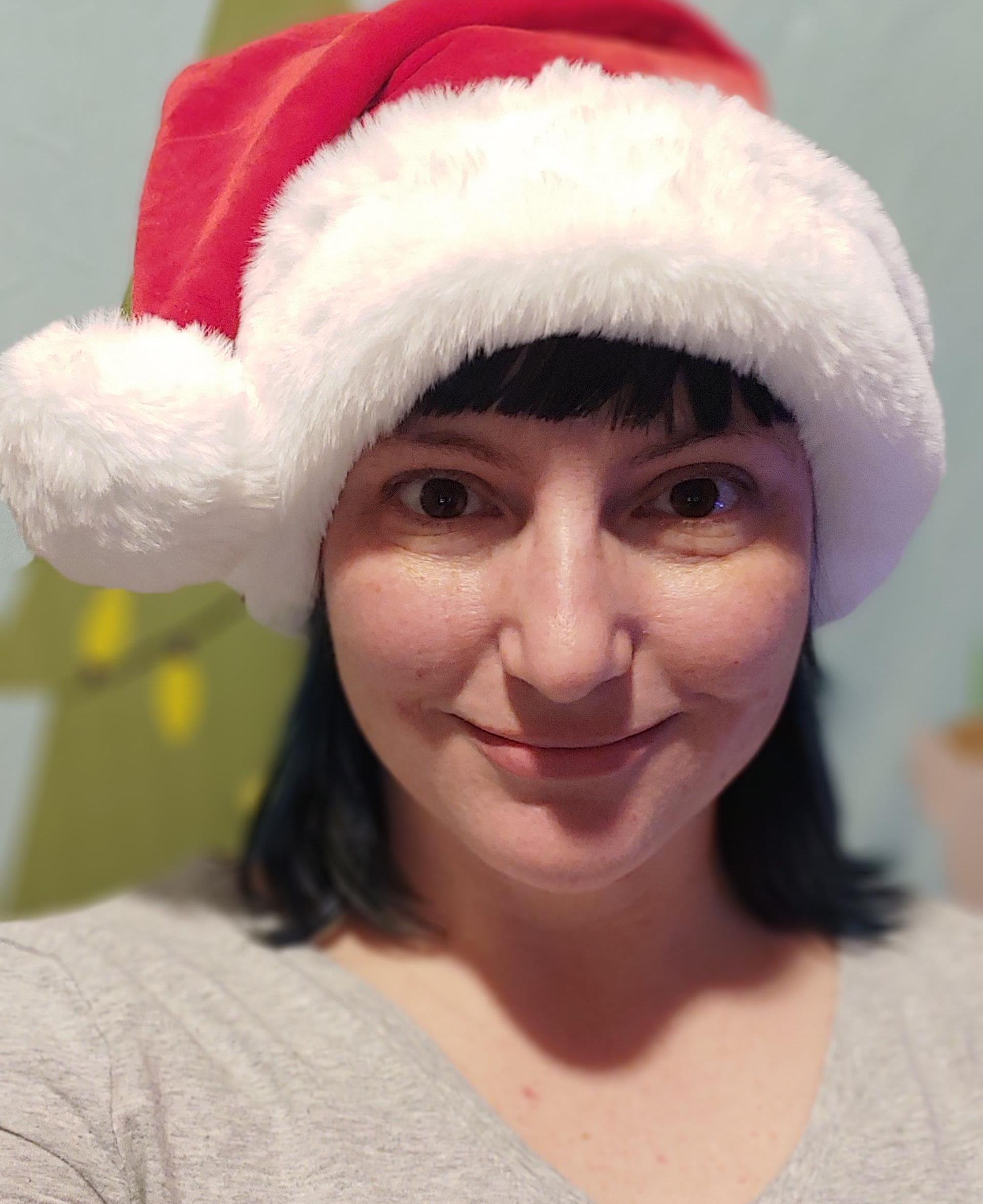Edwina Marowell has always possessed a huge heart. Though she became one of our foster parents in 2018, she recalls feeling the desire to care for children well before that.
"From as far back as I can remember, I've wanted to be a foster parent," she says. "As I got older, I felt more strongly about helping out families in my own community, and as a single woman with no kids in my mid-30s, I knew it was the perfect time to start doing what I could to help families."
During the licensure process, Edwina prepared her home for youth. Knowing teens and older youth are in most need of a foster home, she decided to create a space specifically for them. Edwina and her father built a sturdy triple bunkbed, decorated the room with a space theme, and she eagerly awaited the children that would no doubt be placed with her.
However, life rarely goes according to plan. A week after completing her licensure, Edwina found herself rapidly changing gears to fill a different need. A call came in that a newborn baby girl, Lena*, was in the NICU due to heroin exposure and needed to be placed in a foster home immediately.
"I remember the phone call vividly," Edwina says. "It was an opportunity I was completely unprepared for because all during training, they stress how it's unlikely to take placement of an infant. I had already decided I was going to help however and whenever they called me, so I said, 'yes, absolutely.'"
Edwina’s family, the NICU staff and caseworkers all jumped in to help with the transition. She recalls it being a total blur and having to lean on her supports to avoid becoming overwhelmed. They gathered a car seat, clothes, diapers, burp cloths, a baby bed and other essentials. Edwina's work agreed to allow her to bring Lena with her until she was six weeks old and could go to daycare. After the initial shock and adjustment, Edwina settled into a rhythm and cared for Lena for six months until she could safely return to her biological family.
"It is important to form bonds with bio families for so many reasons," Edwina says. "Just like the kids we are caring for, these parents have probably experienced significant trauma. By working together, we can help them recognize this and help point them toward resources so they can begin to heal from that trauma."
After Lena’s safe reunification, Rachel began caring for a sibling group of two. The oldest child, Sammy*, was incredibly private about their body, often wearing turtlenecks or buttoning their shirts up tight around their neck. Though presenting as male, they were filled with shame stemming from years of being punished for being "girly".
"Early on, I thought it might have to do with the parentification the child exhibited as though they were filling that "mom" role,” Edwina says. “Over the course of the next 2.5 years, Sammy grew comfortable enough to share her belief that she had been misgendered and was actually a girl. With the help of her team, she was able to identify her proper gender as well as find the confidence to be her true self."
Edwina is one of our "Level B" foster parents. This additional certification comes with training specifically tailored to prepare foster parents to take in youth with elevated behavioral needs. Kathleen Herrick, one of our home finding specialists, talks about Edwina 's foster parenting journey and the importance of having parents equipped to work with children exhibiting these behavioral challenges.
"I have known Edwina since her very first placement and have seen her grow as a foster parent since that time," Kathleen says. "There are many children who express their trauma with behaviors that go beyond what a traditional home is able to handle, and there are not many homes trained for it. As someone who is trying to find homes for children, and as a foster/adoptive parent myself, I find the Level A training to be an important tool to have in the toolbox."
Sammy was unable to reunify with her birth parents, so Edwina is currently in the process of adopting her. After the adoption is finalized, Edwina plans to continue fostering. She says foster parenting has taught her many things, such as how to stay positive through difficulty and how to roll with the punches when plans change. She also has learned the importance of knowing your limits and that sometimes it's ok to say no to taking in a child if you feel that they won't be successful in your home. However, most of all, Edwina has learned that though the need is large and the statistics are often daunting, one willing individual can make a huge difference.
"The foster care system needs real people with real-life experiences to step up and help change the future of struggling families with children," she says. "Foster care can be ugly, difficult, heartbreaking and frustrating, even overwhelming. But it's also sweet smiles over a warm cup of milk, a tentative hand on your arm asking for help, proud eyes when a child is able to finally name their feelings instead of just lash out, goodbye celebrations when a child goes back to their bio family, and everything in between."
If you are interested in following Edwina 's lead and caring for youth in your community through fostering, please contact us, download our Foster Parent 101 Webinar or sign up for a Real Talk with a Real foster parent, where you can ask any questions you have about the licensure process or what it's like to care for children in this unique and important way.
*Name changed to protect individuals' identity.



